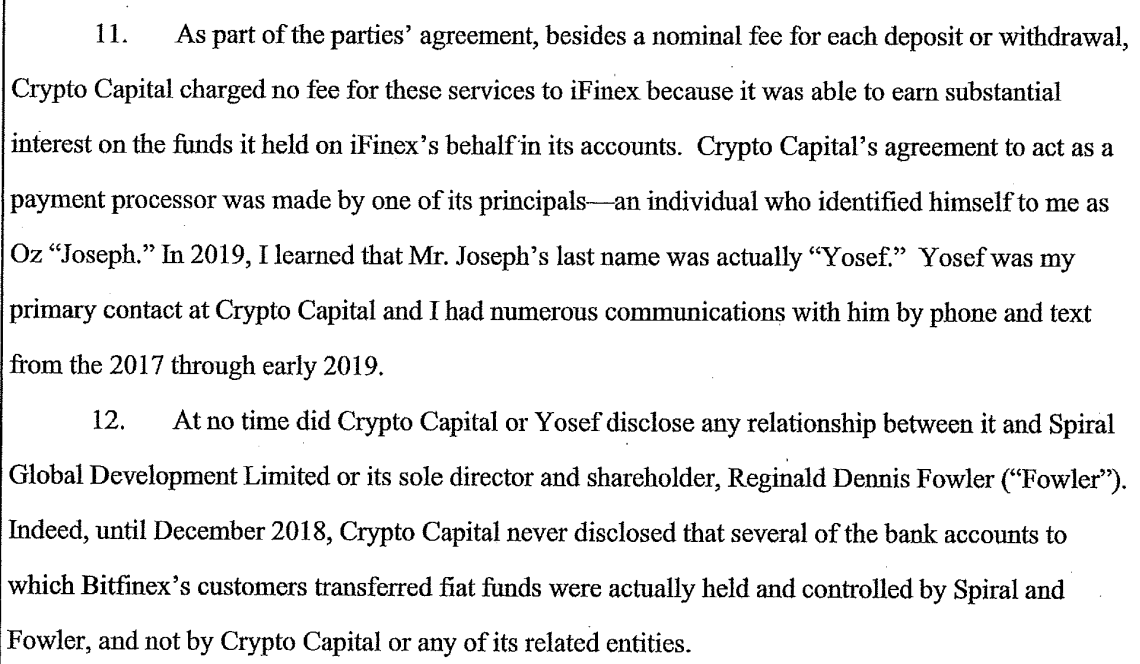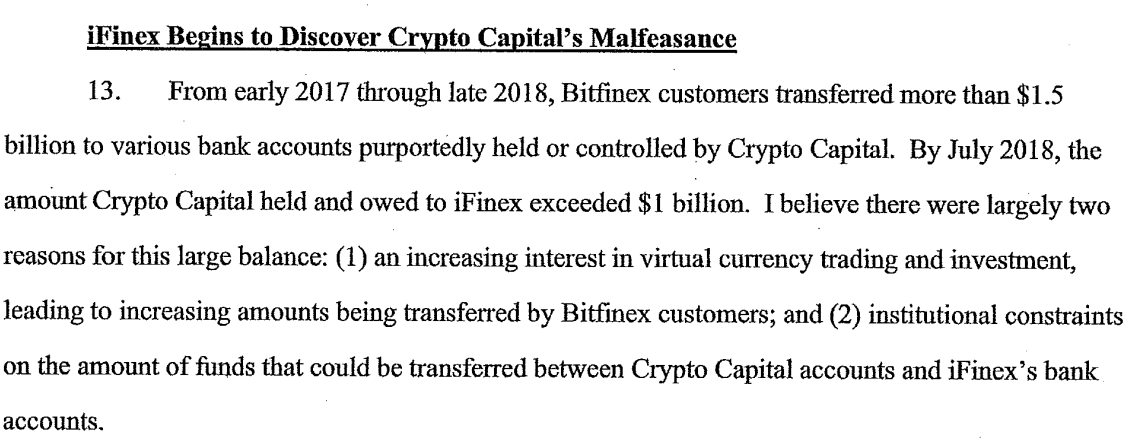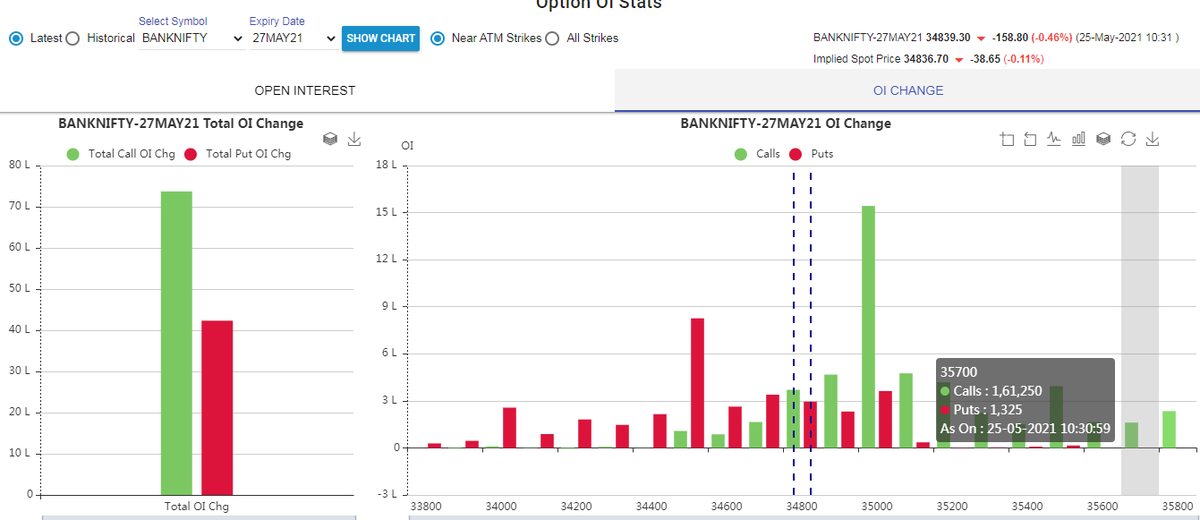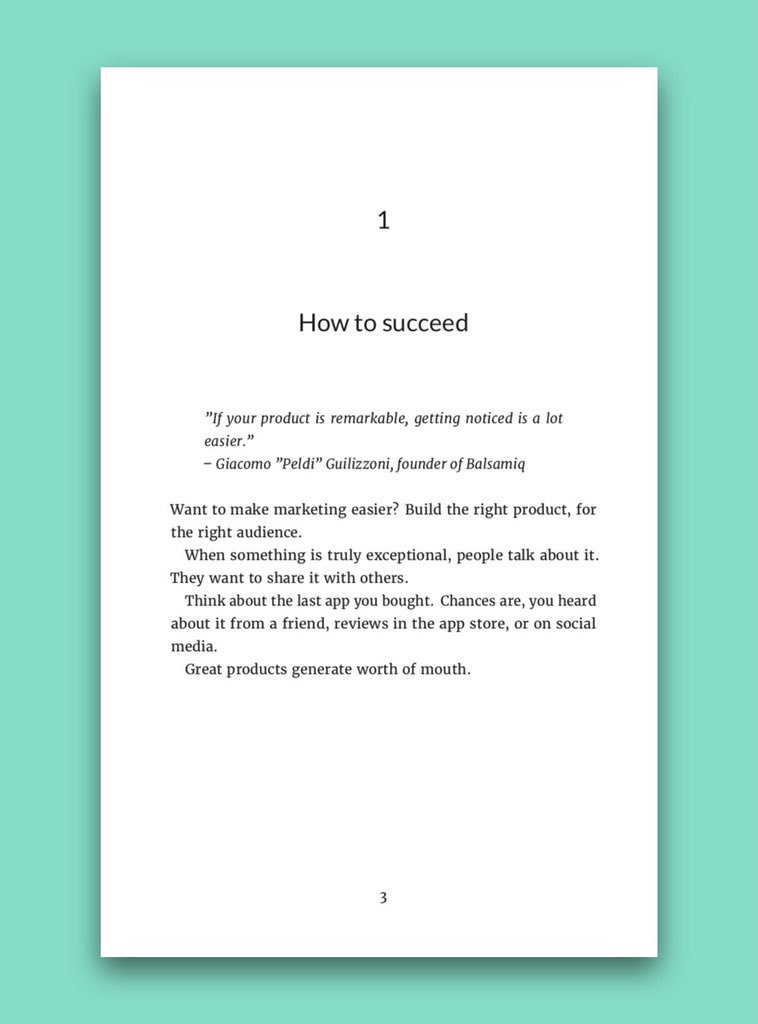Lots of software talks about money, keeps records about money, does calculations about money, but can't *touch* money.
One of the big promises of software is composability. You can build rich, powerful experiences out of basic building blocks.
APIs add new things to the toolbox. For example: Treasury, which lets an app/platform store, move, and track a business’
Lots of software talks about money, keeps records about money, does calculations about money, but can't *touch* money.
So you generally push work to the operator.
You need to be able to read bank transactions to reconcile. You probably can't. The owner can. So you ask the owner to do mind-numbing work a computer does better.
There is some software to write but it is not rocket science.
But let me speculate a bit:
They can automate its operations.
https://t.co/fMOqHh2Tlv
We made it *better* for your users than many business bank accounts.
"When do I get my money?"
Can you imagine needing to email Google to ask when that email that you know was sent will arrive?
Why is money *so slow* and *so opaque*?
In the U.S., you’ll often be blocked on the ACH network. Fast compared to stagecoach; slow compared to email.
Stripe has an arrangement with the banks that ultimately hold the business users’ funds.
(We are working on making that even faster by default. It’s not called HTTP 200 Check Back In An Hour.)
Putting together fintech products is historically a pain in the keister.
Then your engineering team receives the spec, and the *real* fun begins.
No negotiation required. No bespoke legal work. More of the necessary levels of complexity in touching money businesses depend on; less of the overhead.
You can build all of that on Stripe APIs now.
AAAAAAAARGH.
It is managed at most banks as an offshoot of personal banking, because the userbase is basically the same people who show up at the branch.
But the needs are quite different.
(Narrator: This is not, in fact, an adequate spec for a checking account.)
So do graveyards. And hotels. And landlords. And spas. And tutors. And yoga teachers. And...
Not enough dentists pay not enough dollars for banks to put software teams against dental practice UX.
We can then take that package to leading banks. That reach is *very interesting* to them.
A pizzeria can't walk into Goldman Sachs and walk out with a bank account.
A software company serving pizzerias could if they had, uh, a lot of dough.
And so our partner banks have made great products available, at pricing and terms that small businesses just don't usually get in direct banking relationships.
I know exactly how many times I paid the $14 account maintenance fee for my software businesses, ten years later. That’s how much I hated them.
One way to think of it is that banks have huge expenses to attract SMB deposits, including marketing campaigns and branch networks, and those drive the pricing of SMB banking.
Nationwide advertising, branches, and sales reps aren’t as cheap as cron jobs.
I'm very excited to see what software people do with the Stripe Treasury.
No. This was my number two. You're welcome to your guess at the number one. (Though, who knows, I heard of a new project last week and might steal the zeroth spot for it.)
https://t.co/osjjx8gNM0
Part of the needle threading is making sure that one is still developing some things which are uniquely exciting to developers and smaller shops.
— Patrick McKenzie (@patio11) September 23, 2020
Which: I can\u2019t spoil it, but one thing in the pipeline is maybe my favorite Stripe product since Stripe Atlas if we do it right.
More from Patrick McKenzie
I like this heuristic, and have a few which are similar in intent to it:
Hiring efficiency:
How long does it take, measured from initial expression of interest through offer of employment signed, for a typical candidate cold inbounding to the company?
What is the *theoretical minimum* for *any* candidate?
How long does it take, as a developer newly hired at the company:
* To get a fully credentialed machine issued to you
* To get a fully functional development environment on that machine which could push code to production immediately
* To solo ship one material quanta of work
How long does it take, from first idea floated to "It's on the Internet", to create a piece of marketing collateral.
(For bonus points: break down by ambitiousness / form factor.)
How many people have to say yes to do something which is clearly worth doing which costs $5,000 / $15,000 / $250,000 and has never been done before.
Here's how I'd measure the health of any tech company:
— Jeff Atwood (@codinghorror) October 25, 2018
How long, as measured from the inception of idea to the modified software arriving in the user's hands, does it take to roll out a *1 word copy change* in your primary product?
Hiring efficiency:
How long does it take, measured from initial expression of interest through offer of employment signed, for a typical candidate cold inbounding to the company?
What is the *theoretical minimum* for *any* candidate?
How long does it take, as a developer newly hired at the company:
* To get a fully credentialed machine issued to you
* To get a fully functional development environment on that machine which could push code to production immediately
* To solo ship one material quanta of work
How long does it take, from first idea floated to "It's on the Internet", to create a piece of marketing collateral.
(For bonus points: break down by ambitiousness / form factor.)
How many people have to say yes to do something which is clearly worth doing which costs $5,000 / $15,000 / $250,000 and has never been done before.
More from Software
Software architecture is in crisis, and the way to fix it is a hefty dose of anarchy.

Some lay the blame for this on @boicy with the whole microservices thing.
(Admittedly, @nicolefv, @jezhumble and @realgenekim didn’t help when they statistically proved that he might have been onto something with all that de-coupling and team-alignment…)
However I don’t blame him at all.
I think he saved us; bringing us back to the path of value-delivery and independent services, but now with added independent teams.

But one thing is clear. Microservices need more architecture, not less (as do other forms of #Accelerate-style software organisation).
(See https://t.co/B2hWmXhIqe if you need convincing)
I mean, all those pesky slices we need to carve up our monoliths (or were they big balls of mud?) That’s a significant amount of work right there…


Some lay the blame for this on @boicy with the whole microservices thing.
(Admittedly, @nicolefv, @jezhumble and @realgenekim didn’t help when they statistically proved that he might have been onto something with all that de-coupling and team-alignment…)
However I don’t blame him at all.
I think he saved us; bringing us back to the path of value-delivery and independent services, but now with added independent teams.

But one thing is clear. Microservices need more architecture, not less (as do other forms of #Accelerate-style software organisation).
(See https://t.co/B2hWmXhIqe if you need convincing)
I mean, all those pesky slices we need to carve up our monoliths (or were they big balls of mud?) That’s a significant amount of work right there…







































